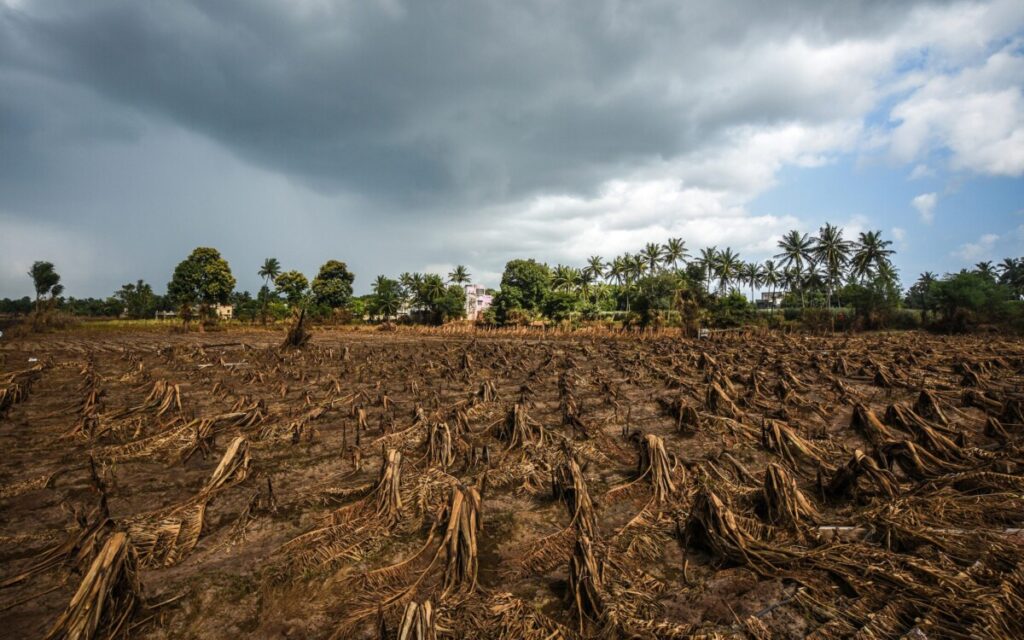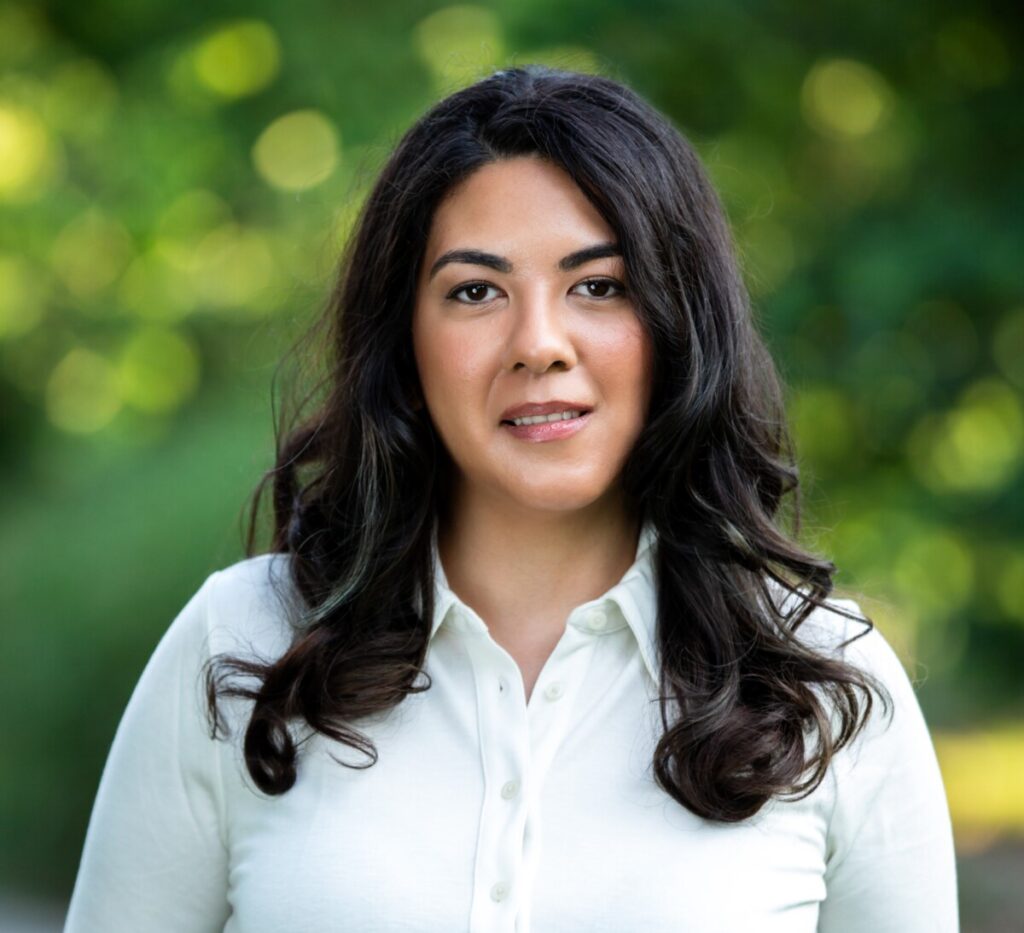The Impact of Natural Disasters on Women
Centering Women’s Voices About Their Experiences Navigating Natural Disasters in the Southeast

About the Study
This study is exploring the effect of natural disasters on women’s experiences in the Southeastern region of the United States.
We are seeking to speak to women about their experiences navigating natural disasters in the Southeast, as well as individuals that respond to women navigating natural disasters (such as community leaders, healthcare providers, firefighters, government officials).
Participation in this study involves an individual interview and completion of sociodemographic questions. We anticipate interviews to take 1 hour and 40 minutes to complete, and 20 minutes to complete sociodemographic questions (for a total of 2 hours to participate).
To be eligible to join or participate in this study, as either a woman or formal responder you must:
Women
- Be 18 years or older
- Identify as a woman
- Have experiences navigating natural disasters in the Southeastern region of the United States
Responders
- Be 18 years or older
- Have experience responding to women navigating natural disasters in the Southeastern region of the United States
Women and responders that participate or join this study receive $75 compensation in the form of either an electronic gift card (Amazon, Starbucks, Target, Walmart, or Regal), direct deposit, or ClinCard of choice, and a list of resources to use as needed.
If you’re unsure of types of natural disasters or states in the Southeast, click below to review types of natural disasters and states in the Southeast.
Types of Natural Disasters
- Earthquakes
- Tornados
- Landslides/Avalanches
- Floods
- Wildfires
- Hurricanes, Typhoons & Tropical Storms

The Southeastern Region
Includes the following states:
- Alabama
- Florida
- Georgia
- Kentucky
- Mississippi
- North Carolina
- South Carolina
- Tennessee
- Louisiana
- Virginia
- West Virginia
What does participation involve?
Participation involves the completion of sociodemographic questions and an interview
How much time does participation involve?
We estimate a total of 2 hours to complete sociodemographic questions and the interview
What topics do the questions ask to participate?
We will ask about your experiences navigating discrimination, natural disasters and interpersonal violence
What if I change my mind about participating?
You are welcome to withdraw from participating at any time.
Is the information I share private?
The information you share is confidential. We will not be recording or using names or other identifiable information in the data.
What if I do not want to answer a question?
It is up to you how much or how little to share, and you are welcome to skip questions you may be uncomfortable answering.
How to Join
To join or participate in this study, complete the following four steps:
- Select if you would like to participate as either a woman and/or formal responder below. This will forward you to a brief screening process to ensure eligibility to participate.
I would like to participate in this study as a:
2. After screening, if you are eligible you will be forwarded to a consent form to review.
3. If you consent to participate, you will be forwarded to an online survey of sociodemographic questions.
4. Once sociodemographic questions are completed, you will then be forwarded to Calendly to schedule either an in-person or virtual interview.
5. At the end of the interview, we will confirm your choice of form of compensation.

If you are participating in this study, you will be engaging in an interview with Dr. Ashley Ruiz, PhD, RN. Dr. Ruiz or Ashley is an Assistant Professor at Emory University in the Nell Hodgson Woodruff School of Nursing, as well as a clinician with specialization in Forensic Nursing. From her experiences in practice, she entered into research using methods that centered women’s voices about their experiences in healthcare following violence.
With this background, Ashley understands the importance of storytelling, and being heard, as a way of creating meaning and healing including during the interview process.